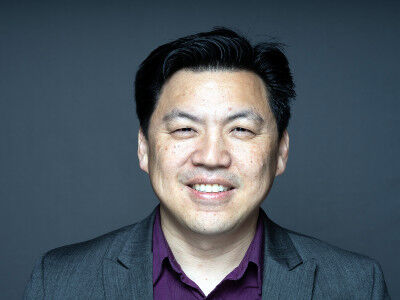How a SIM farm like the one found near the UN threatens telecom networks
News > Technology News

Audio By Carbonatix
10:22 AM on Tuesday, September 23
By SHAWN CHEN and JULIE WALKER
NEW YORK (AP) — The U.S. Secret Service has found and is quietly dismantling a massive network of “SIM farms” across the New York area just as world leaders gather for meetings at the United Nations.
Matt McCool, the special agent in charge of the Secret Service’s New York field office, said agents found multiple sites filled with servers and stacked SIM cards, of which more than 100,000 cards were already active. Though the investigation is ongoing and no arrests have been made, he described it as a well-funded, highly organized enterprise and possibly run by nation-state actors — perpetrators from particular countries.
Officials also warned of the havoc the network could have caused if left intact. McCool compared the potential impact to the cellular blackouts that followed the Sept. 11 attacks and the Boston Marathon bombing, when networks collapsed under strain.
So what are these SIM farms and what are they capable of?
SIM farms are hardware devices that can hold numerous SIM cards from different mobile operators. These devices then exploit voice over internet protocol (VoIP) technology to send and receive bulk messages or calls.
While initially developed for legitimate purposes, such as low cost international calling, the technology has become a cornerstone of organized fraud targeting mass audiences — phishing texts and scam calls.
“Scams have become so sophisticated now. Phishing emails, texts, spoofing caller ID, all of this technology gives scammers that edge,” said Eva Velasquez, president and CEO of the Identity Theft Resource Center.
In this case, the devices were concentrated within 35 miles of the U.N. building. The investigation is ongoing, but McCool said forensic analysts currently believe the system could have been used to send encrypted messages to organized crime groups, cartels and terrorist organizations.
MobileX, the producer of some of the SIM cards recovered in the raids, said they are prepared to cooperate with authorities in their investigation.
“Like all wireless providers, we occasionally see bad actors attempt to misuse our services,” CEO Peter Adderton said in a statement.
Anthony J. Ferrante, the global head of the cybersecurity practice at FTI, an international consulting firm, said the photos show a very sophisticated and established SIM farm that could be used for any number of nefarious activities, including the potential to overwhelm cellular networks with millions of calls in just a few minutes.
“So if you can imagine that type of magnitude on cellular networks, it would just overwhelm them and cause them to shut down,” Ferrante said in an interview. He also notes that it's possible the system could be used for surveillance operations, given its proximity to the United Nations, “potentially that equipment could be used to either intercept communications, eavesdrop on communications, or actually, clone devices, as well.”
Ferrante, who previously served in key security positions at the White House and the FBI, says he's awaiting the results of the investigation before drawing any conclusions about the nature of the setup, but he emphasizes that the scale of the operation shows how simple tools can pose real risks to critical infrastructure.
“The masterminds could have set this up a long time ago and be operating from thousands of miles away," he said. "It’s a stark reminder of how deeply interconnected our world has become, where local vulnerabilities can be exploited globally.”










